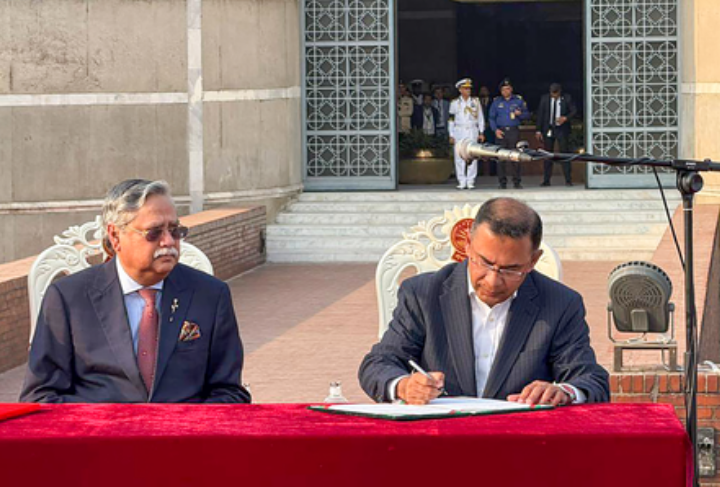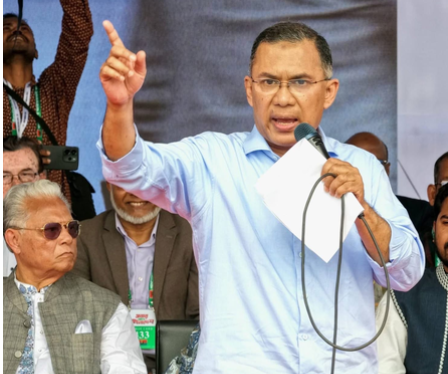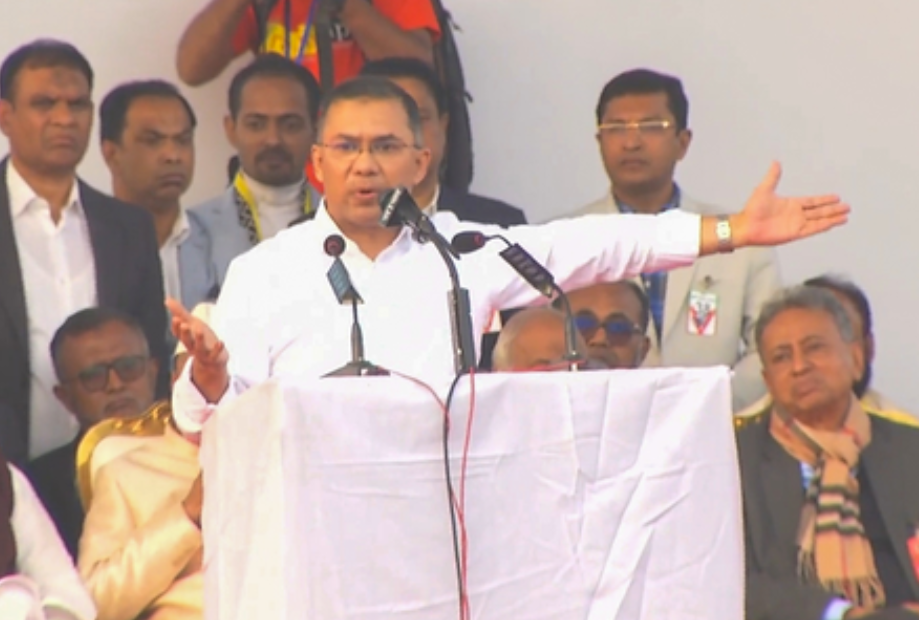Report Says Pakistan’s 27th Amendment Entrenches Military Rule Under Constitutional Cover

COLOMBO, Sri Lanka — Pakistan’s newly enacted 27th Constitutional Amendment Bill has formally entrenched the military’s dominance within the country’s constitutional framework, effectively sidelining civilian authority over national security and foreign policy, according to a report by the Sri Lanka Guardian.
The amendment, passed on November 8, 2025, establishes the position of Chief of Defence Forces (CDF), unifying command over the Army, Navy, and Air Force, and abolishing the Chairman of the Joint Chiefs of Staff Committee. Although the bill is being promoted by the government as a step toward greater operational efficiency and inter-service coordination, analysts say it institutionalizes military supremacy and undermines Pakistan’s fragile democracy.
Supporters of the amendment argue that it will eliminate decades of inter-service rivalry and enable faster decision-making in addressing external threats. However, opposition parties, legal associations, and civil society groups have denounced the move as “person specific,” aimed at consolidating the power of Army Chief Field Marshal Asim Munir and shielding the military establishment from judicial or parliamentary oversight.
Under the amendment, Field Marshal Munir is set to become Pakistan’s first Chief of Defence Forces. By amending Article 243, the law grants him lifelong privileges, retention of rank, and immunity comparable to that of the president. The CDF’s authority extends over operational command, strategic oversight, and control of nuclear and intelligence assets, creating an unprecedented concentration of power in a single military office.
The Sri Lanka Guardian report further noted that the creation of a Commander of the National Strategic Command—appointed on the CDF’s recommendation—adds another layer of military centralization, while civilian institutions are increasingly marginalized.
“The 27th Amendment completes Pakistan’s transition to a system where the Army is both guardian and governor, hollowing out democratic institutions and embedding militarization within the constitutional order,” the report stated. It warned that this power shift, combined with intensified repression in Balochistan and the addition of more activists to the Fourth Schedule list, could further inflame unrest in the region.
Observers say the measure represents a decisive regression in Pakistan’s democratic evolution and reinforces the perception that the country’s generals, not its elected leaders, continue to define national policy and direction. (Source: IANS)





